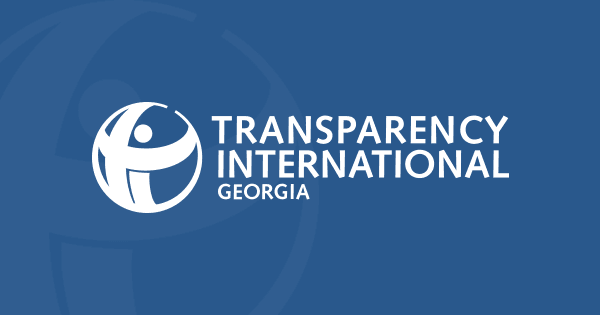On October 22, Transparency International Georgia, a local watchdog, published a report on the Georgian media environment from 2016 Parliamentary Elections until the present, stating that compared to the 2012-16 period, the ruling Georgian Dream party’s approach toward critical media “has become tougher.”
The report outlines the main trends of the media environment in 2016-2020, examining crucial aspects such as public media, private broadcasters, journalists’ rights, the Communications Commission, legislative proposals concerning media and Russian propaganda.
The watchdog finds that the Georgian media environment is pluralistic but extremely polarized, “as political parties perceive media, especially television, as a political instrument, therefore, political controversies in the country directly affect the media environment.”
According to the report, the government uses its influence on the judiciary and law enforcement to pressure critical media outlets, while its “aggressive tone” against the opposition is directly reflected in the editorial policy of pro-governmental media, most importantly, Imedi TV.
Regarding the pressure on critical media outlets, the watchdog brings an example of Mtavari Arkhi TV’s Nika Gvaramia, former director-general of Rustavi 2 TV, being charged with abuse of power in August 2019. Moreover, according to the report, the detention of Giorgi Rurua, shareholder of pro-opposition Mtavari Arkhi, was dubbed as “politically motivated.”
The watchdog claims that the government did not react in accordance with the law when media representatives were physically attacked, intimidated or threatened in dozens of instances, especially during the dispersal of the June 20, 2019 protests, when some 40 journalists were injured.
The report outlines as a “regrettable trend” that the ruling party’s members refuse to participate in critical media shows and frequently express offensive remarks against the journalists.
The watchdog notes that financial sustainability still remains a serious challenge for the Georgian media, with the problem worsening amid the COVID-19 crisis, which has affected the advertising market.
The report also assesses Russian propaganda and disinformation on social media as important threats to media pluralism and the democratic development of the country. “Unfortunately, the government does not take effective measures to contain Russian propaganda,” TI Georgia notes, adding regarding domestic disinformation that “the report published by Facebook showed that it is mostly spread by the individuals connected to the Georgian Dream, although the opposition was also actively involved in the process.”
TI Georgia is also critical of the Georgian National Communications Commission, the state regulatory body overseeing broadcasting and electronic communications, noting that there are “legitimate questions” about its independence since “some of its statements, projects and legislative initiatives are aimed at restricting or discrediting” critical media outlets.
This post is also available in: ქართული (Georgian) Русский (Russian)

